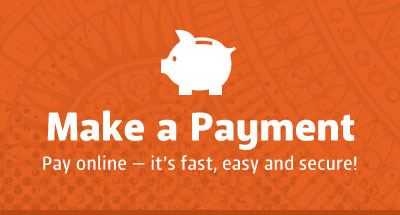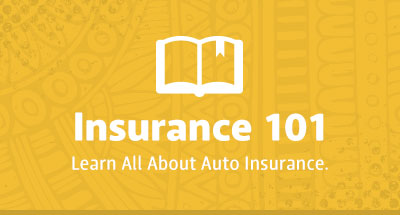FAQs About Auto Insurance
Sure, we insure customers with no driver’s license, temporary driver’s licenses, international driver’s licenses and any U.S. licenses in state or out of state.
Yes, as soon as you purchase a policy with us, you will be given your proof-of-insurance ID card. If you purchase online, you will be able to download it and/or save it to your device after purchasing. If you purchase over the phone, your proof-of-insurance card will be emailed to you. If you purchase in one of our stores, we hand it right over to you.
If you’re pulled over while driving without insurance, the police officer typically issues a ticket for no insurance. Depending on the severity of the violation that led to you being pulled over, the judge often requires you to purchase an SR-22 policy.
You need to file a claim. A claim is a request to your auto insurance company to pay or reimburse you for expenses when you suffer a loss that’s covered by your policy.
This is something set by the state and is often called Liability or State Minimum. This usually includes Bodily Injury, Property Damage, and Uninsured Motorist coverages. The lowest level of coverage that we offer is the State Minimum. This keeps you driving legally. In Indiana and Arizona, you are not required to purchase Uninsured/Underinsured Motorist coverage. However, it is considered so important that when you purchase auto insurance, you have to specifically reject this coverage IN WRITING to not purchase it.
We do not provide coverage for a rental car for personal use. If you’re renting a car for a personal trip, we strongly suggest that you add insurance to the vehicle at the rental facility.
Most likely you need the policy because of an SR-22, and we will help you with a non-owner policy, which means that you can purchase the state minimum amount of liability insurance. Or, if you just want a policy so that you’re covered when driving another person’s car, we can sell that to you as well.
Your deductible is your out-of-pocket expense for repairs to your vehicle if you have Comprehensive/Collision coverage. If your deductible is $1,000 and you have a claim that totals $3,000, you pay the $1,000 and the insurance company pays the remaining $2,000. Typically, the higher your deductible is, the lower your rate (or cost per month) will be.
An SR-22 is a requirement that a judge imposes on someone with a poor driving record associated with driving without insurance. The judge requires you to purchase the SR-22 to make you a more responsible driver — and one who has auto insurance. The insurance company is responsible for reporting to the state that you have an active policy.
No, you will not be covered for that accident. Your policy must be in place at the time of the accident for you to be covered.
Insurance carriers pay for the damages to your vehicle up to the value of the vehicle at the time of the loss.
You got pulled over and were issued a traffic citation. It happens; we’re all human. In the majority of cases, we can still insure you. However, the cost of your policy may change as a result of the violation(s).
Your agent will give you an approximate date when your next payment is due, and you will receive a bill in the mail. We also have a courtesy-call reminder program — we call you to remind you about your upcoming payment.
Unfortunately, if you don’t make your payment and your policy is canceled, you will be without coverage. This is usually no problem, as we always get you reinstated once you make a payment — we charge no fees for this. However, if your policy has been lapsed for more than 60 days, we need to start up a new policy. While it’s easy to get reinstated, if you have an accident while your coverage is lapsed, your accident will not be covered under the policy. Certain states, such as Nevada, impose substantial fines for lapses in coverage.
Liability, or State Minimum coverage, includes Bodily Injury, Property Damage and Uninsured Motorist coverages. The lowest level of coverage that we offer is the State Minimum. This keeps you legally able to drive. In Indiana and Arizona, you are not required to purchase Uninsured/Underinsured Motorist coverage. However, it is considered so important that when you purchase auto insurance, you have to specifically reject this coverage IN WRITING to not purchase it.
Have more questions? We’re happy to help!
Call us at 888-449-0171.
Disclaimer:
These descriptions are meant to assist you in determining your auto insurance needs. These are not complete descriptions and do not constitute an insurance contract or coverage for specific losses. For a complete description, please consult your policy contract or contact your insurance agent.






